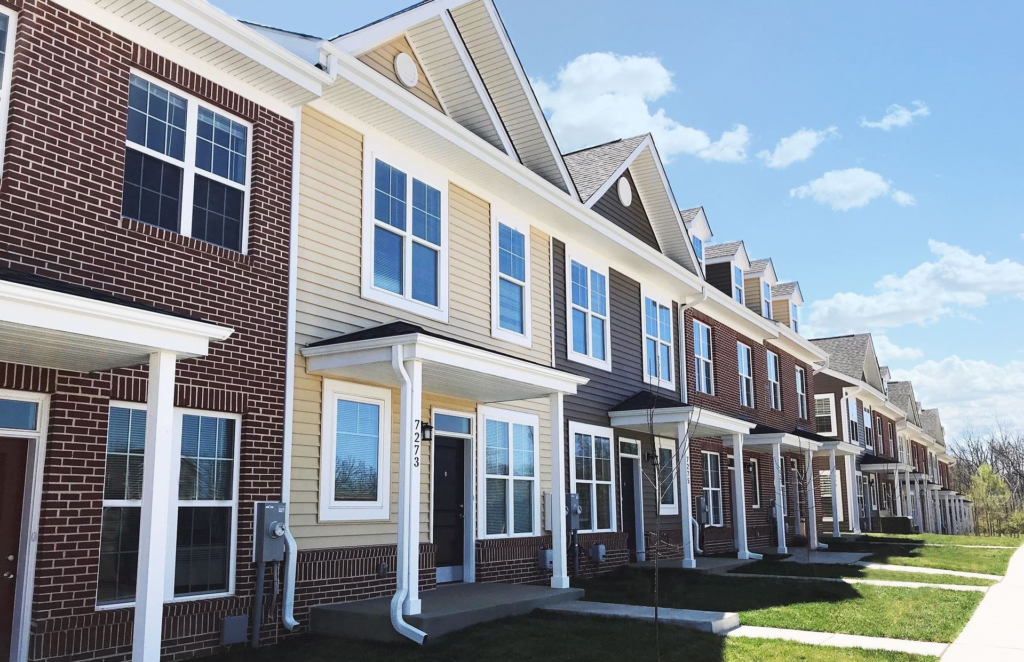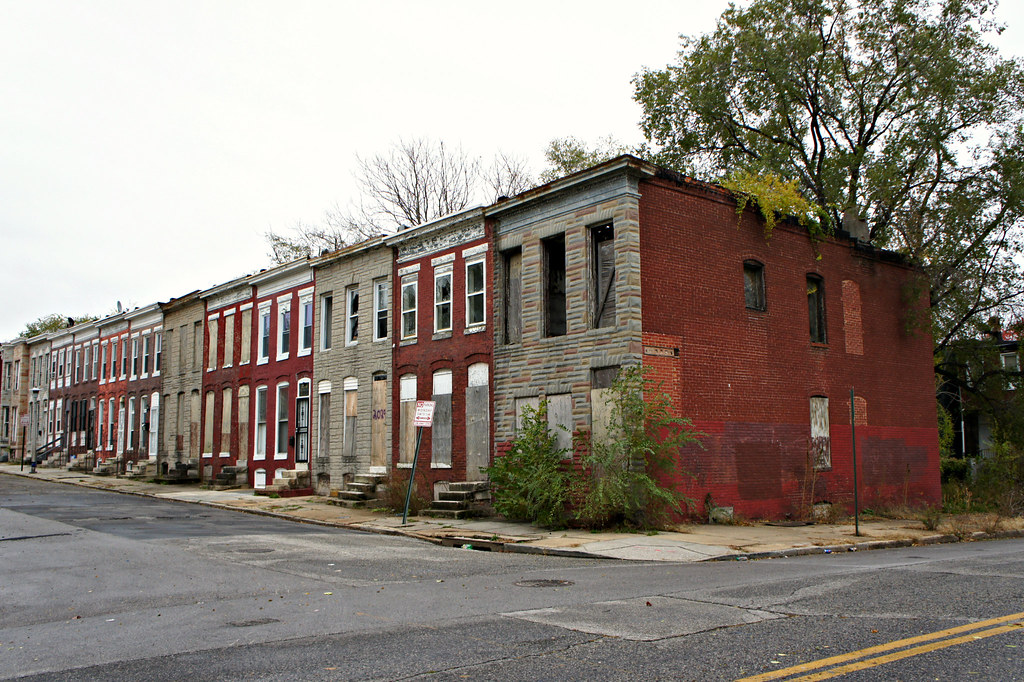You hear it everywhere: we need affordable and low-income housing. But what happens when city policies and non-profits’ attitudes drive landlords who have worked to provide affordable housing to quit? This is the reality for some landlords today.

.
Take, for example, a local landlord who recently decided to exit the affordable housing market. When asked why, his response was clear: “The tenants all tear up your houses.” Complaints to the agencies that place these tenants fall on deaf ears, with landlords being told it’s a matter to be resolved directly with the tenants.
About 20 years ago, a large community of very low-income townhouses was built in my city. Initially, it seemed like a positive step towards addressing the housing crisis. However, almost immediately after people began moving in, the area saw a sharp rise in crime and drug activity, transforming it into one of the most dangerous sections of the city. To date, the townhouses have required almost $3 million in repairs, largely because tenants have done little to maintain the properties themselves.
Even in my neighborhood, a nice area with older homes and owners who take pride in their homes, gardens, and lawns, a landlord is buying up any property they believe is underpriced and flipping them into low-income housing. The once well-maintained house directly across the street from me is one of these flipped to low-income renters. On the 4th of July weekend, the tenants dug up part of the yard for an RC Car racing track, bought an inflatable water slide and swimming pool, backed two old pop-up travel trailers onto their yard for guests, installed speakers throughout the property which blared music day and night, had a huge bonfire in the backyard and shot off fireworks all evening for 3 days, and there was nothing the landlord or any neighbor could do about it.
Landlords who take in low-income individuals face a dual burden. Not only do they receive less monthly income from their properties, but they also incur significant costs from repairs when tenants damage the property. Adding to this, many city policies now mandate that landlords clean up trash, needles, and other hazardous materials from their properties, further increasing their expenses and responsibilities.

.
These challenges are driving some landlords to reconsider their participation in affordable housing programs. Without support from city policies and non-profits, the very people these programs aim to help are left without the housing they need. The unintended consequence of well-meaning policies is a reduction in the availability of affordable housing, as landlords find it increasingly untenable to continue offering their properties under such conditions.
Modcoach Note
The conversation around affordable housing must evolve to address these issues. There needs to be a balance between providing safe, affordable housing and ensuring that landlords are not unduly burdened. Until this balance is struck, the affordable housing crisis will continue, with fewer landlords willing to participate in these critical programs.
.
CLICK HERE to read the latest edition
Contact Gary Fleisher












